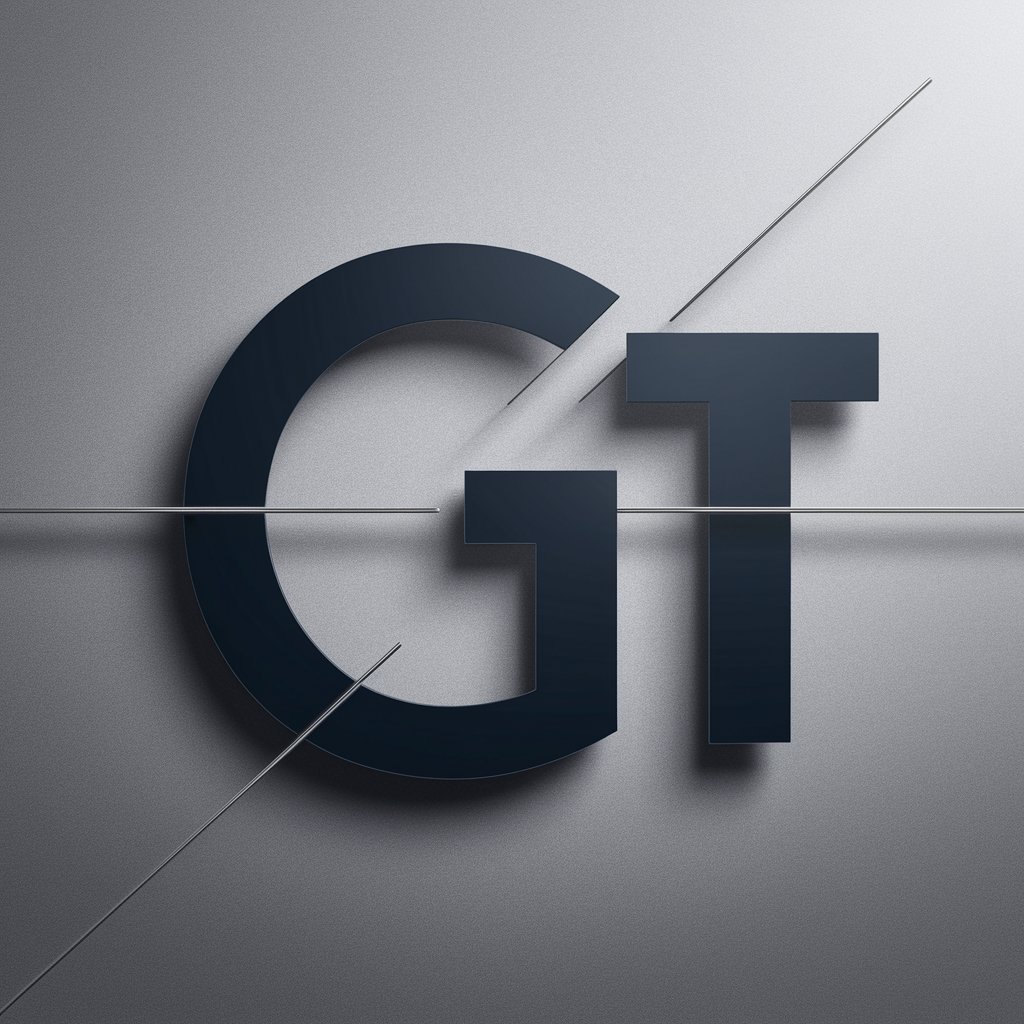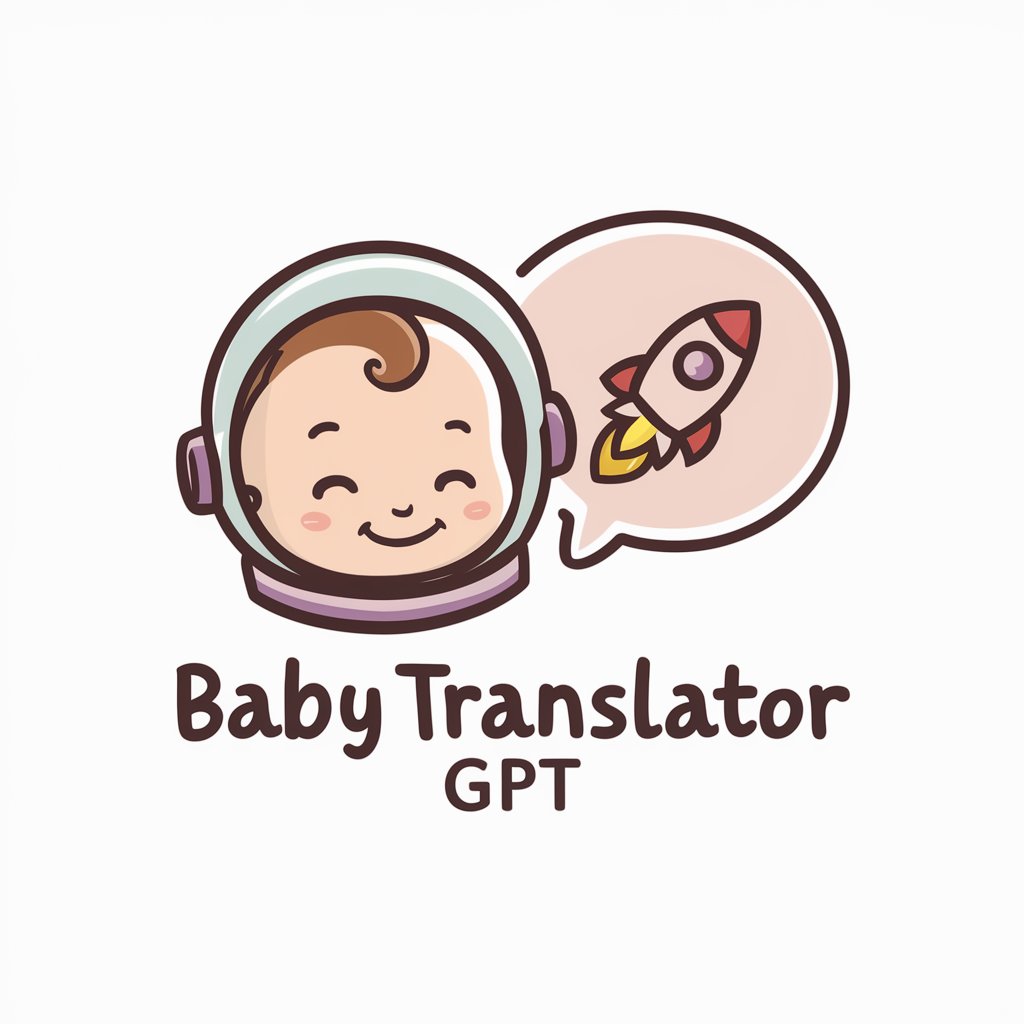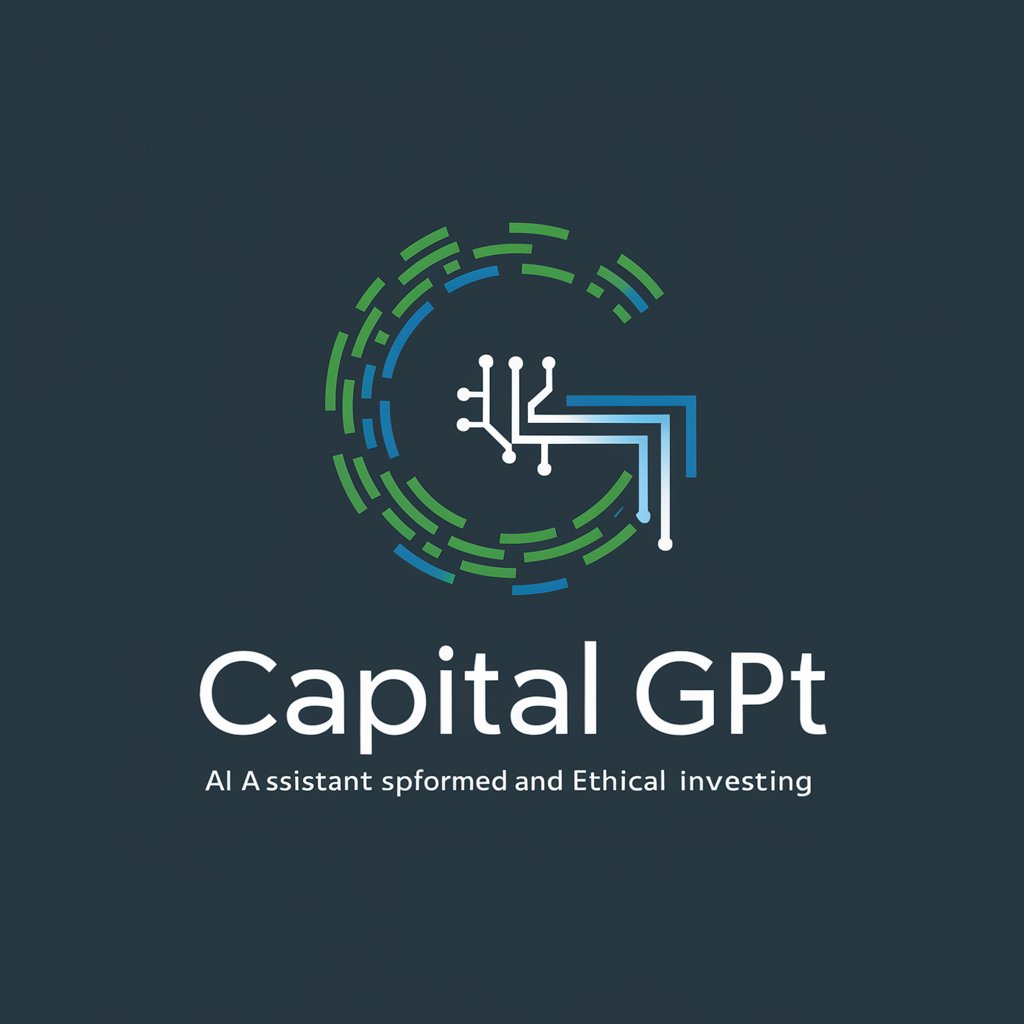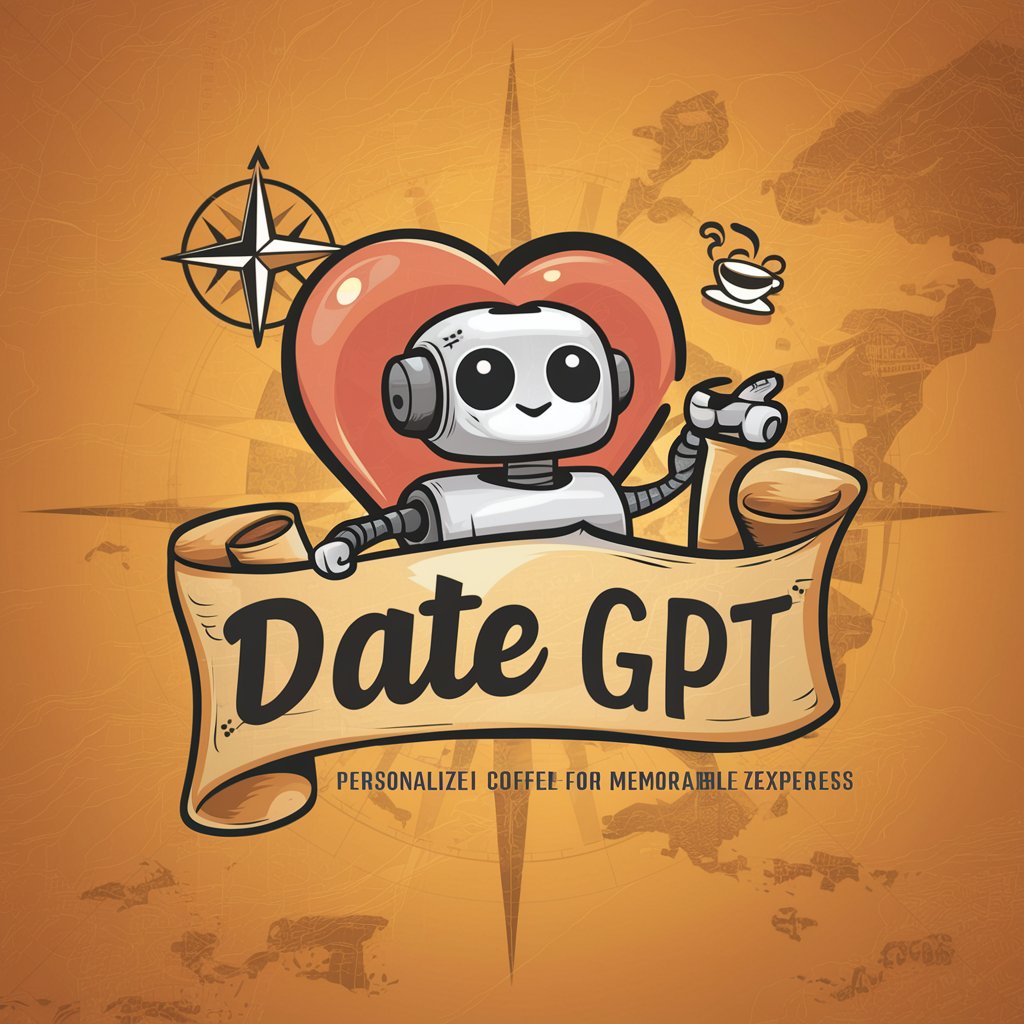
GPT to Ban GPT - AI Policy Enforcement Tool
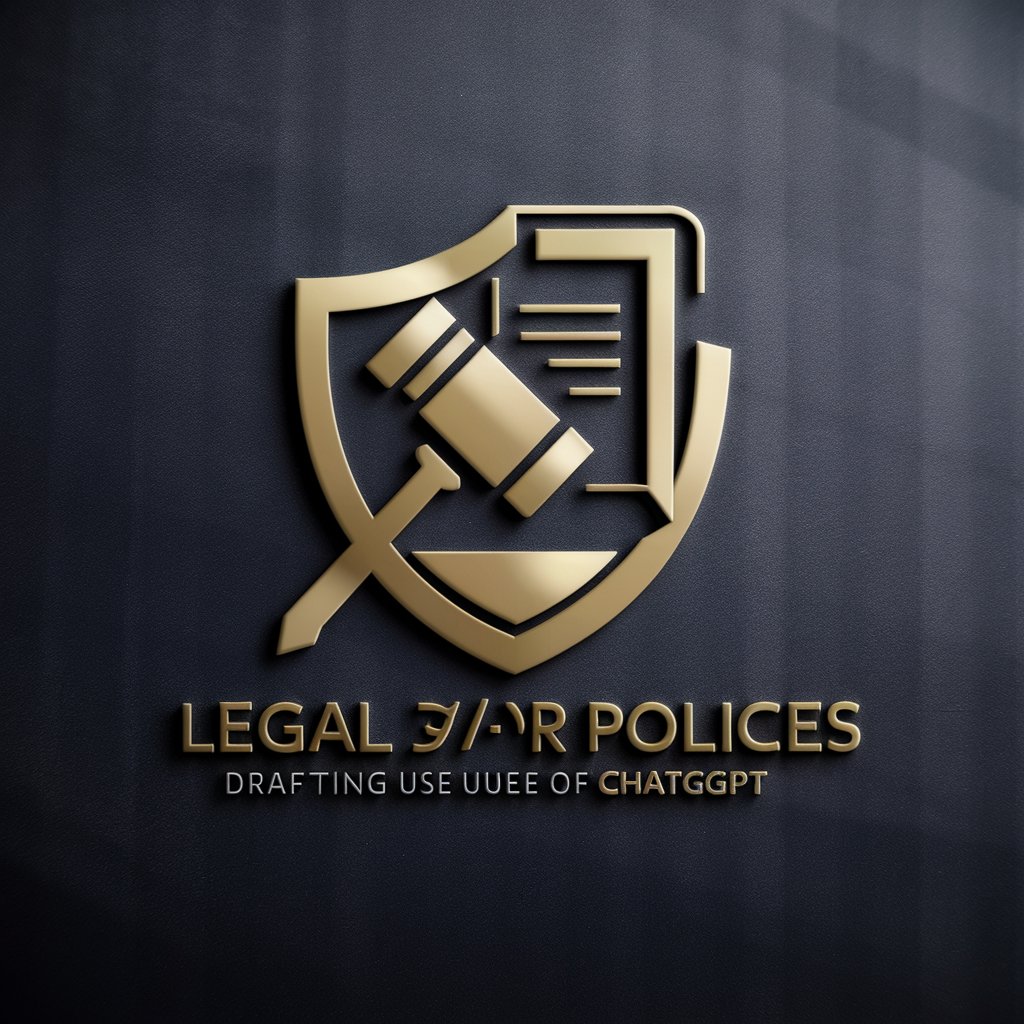
Welcome! Let's draft the perfect policy to ban ChatGPT in your company.
Safeguard Integrity with AI-Powered Policy Tools
Draft a policy for banning ChatGPT in the workplace that includes...
Create guidelines for employees regarding the use of ChatGPT, focusing on...
Write a company-wide announcement about the new policy banning ChatGPT, highlighting...
Generate a detailed procedure for managers to enforce the ban on ChatGPT, covering...
Get Embed Code
Introduction to GPT to Ban GPT
GPT to Ban GPT is a specialized version of the ChatGPT model, designed specifically to assist organizations in drafting and implementing policies that restrict or ban the use of ChatGPT and similar AI models. This model emerged from the need to manage the ethical, security, and privacy concerns associated with the widespread use of advanced AI language models. It's tailored to offer legal and policy guidance, ensuring that any restrictions on AI tools like ChatGPT are legally sound, contextually relevant, and effectively enforceable. Powered by ChatGPT-4o。

Main Functions of GPT to Ban GPT
Policy Drafting
Example
Drafting a policy for a school district that wishes to ban ChatGPT to prevent academic dishonesty.
Scenario
A high school is concerned about students using ChatGPT to complete assignments. GPT to Ban GPT helps draft a policy that prohibits the use of ChatGPT for homework or projects, outlines disciplinary actions, and provides guidelines for teachers to identify AI-generated content.
Legal Compliance
Example
Ensuring a company's ChatGPT ban complies with local and international data privacy laws.
Scenario
A multinational corporation seeks to ban ChatGPT in its operations. GPT to Ban GPT assists in creating a policy that aligns with GDPR in Europe and other relevant data protection regulations, addressing concerns about data privacy and AI-generated content.
Custom Policy Tailoring
Example
Adapting a ChatGPT ban policy for different departments within a company.
Scenario
A tech company needs different levels of ChatGPT restrictions for its R&D, customer service, and HR departments. GPT to Ban GPT tailors specific clauses for each department, balancing innovation with ethical AI use.
Ideal Users of GPT to Ban GPT Services
Educational Institutions
Schools and universities can use GPT to Ban GPT to formulate policies that prevent academic dishonesty, ensuring students rely on their own learning and critical thinking skills.
Businesses and Corporations
Companies, especially those handling sensitive data or intellectual property, can use the service to prevent unauthorized AI usage that might compromise data security, privacy, or business integrity.
Government Agencies
Government entities can employ GPT to Ban GPT to ensure compliance with national security protocols and information privacy laws, particularly in scenarios where AI tools could pose a risk to sensitive information.

Guidelines for Using GPT to Ban GPT
Initial Access
Begin by visiting yeschat.ai to access a free trial of GPT to Ban GPT, with no requirement for ChatGPT Plus or any login procedures.
Define Scope
Determine the specific application or context where GPT is to be restricted or banned, such as in academic integrity, business communications, or creative content generation.
Policy Customization
Utilize the tool to draft tailored policies or guidelines, specifying the restrictions on GPT usage, including any exceptions or allowable use cases.
Implementation
Implement the drafted policies within the desired environment, ensuring clear communication and understanding among all stakeholders.
Monitoring and Adjustment
Regularly monitor the effectiveness of the ban, making adjustments as necessary to address evolving needs or challenges.
Try other advanced and practical GPTs
CoffeeGPT
Brew Like a Pro with AI
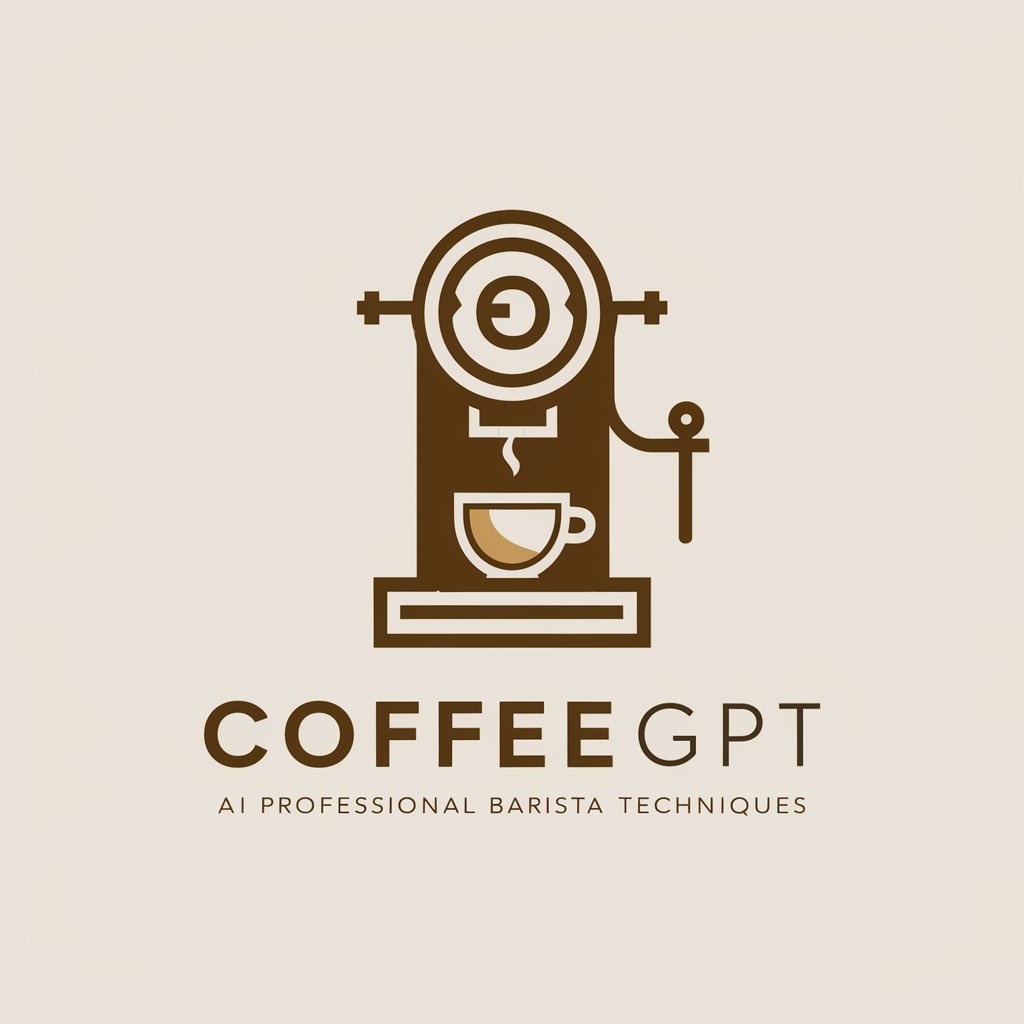
French Teacher Copilot
Empower Your French Teaching with AI
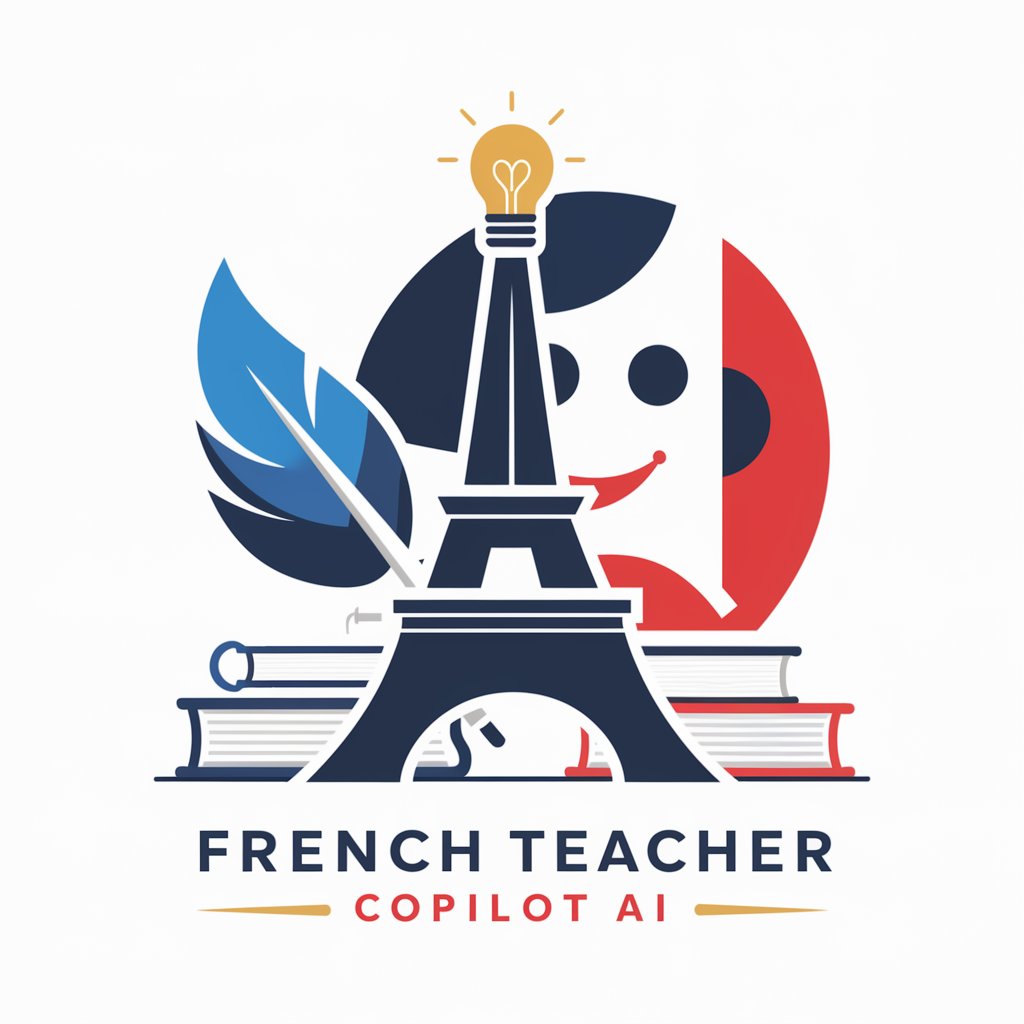
Brazilian constitution
Navigate Brazil's Constitution with AI Precision
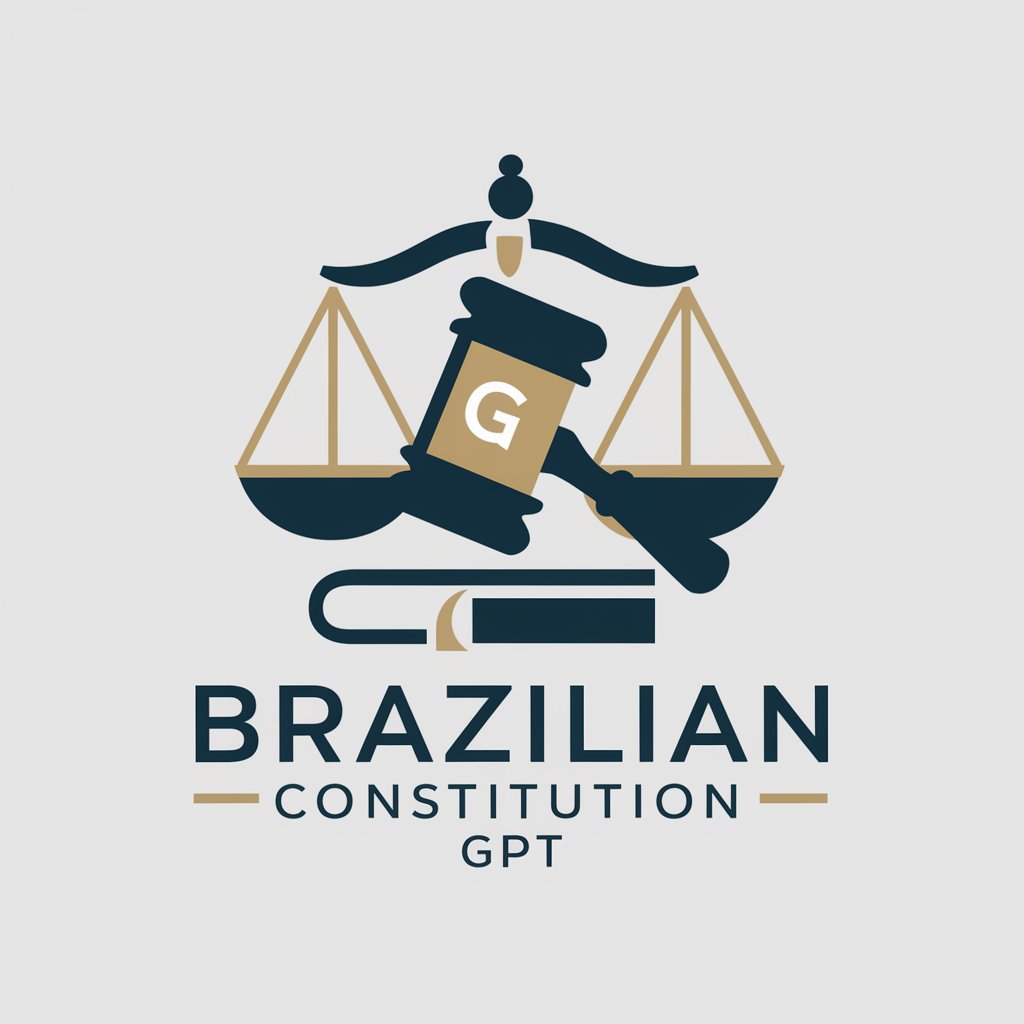
Charm Chat Coach
Empowering Conversations with AI

KSLA Data Analysis
Elevate Your Game with AI-Powered Badminton Insights
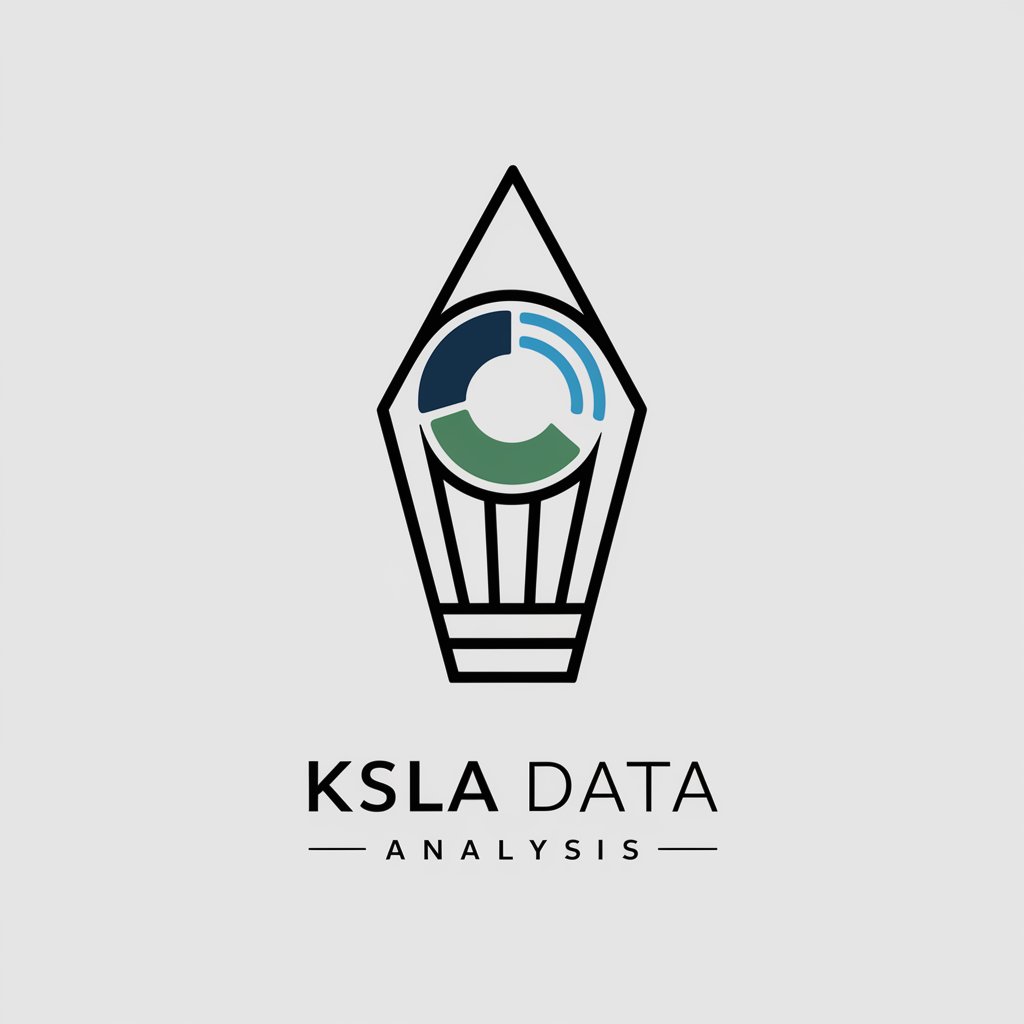
East Coast Straussian
Deep Dive into Strauss's Philosophy
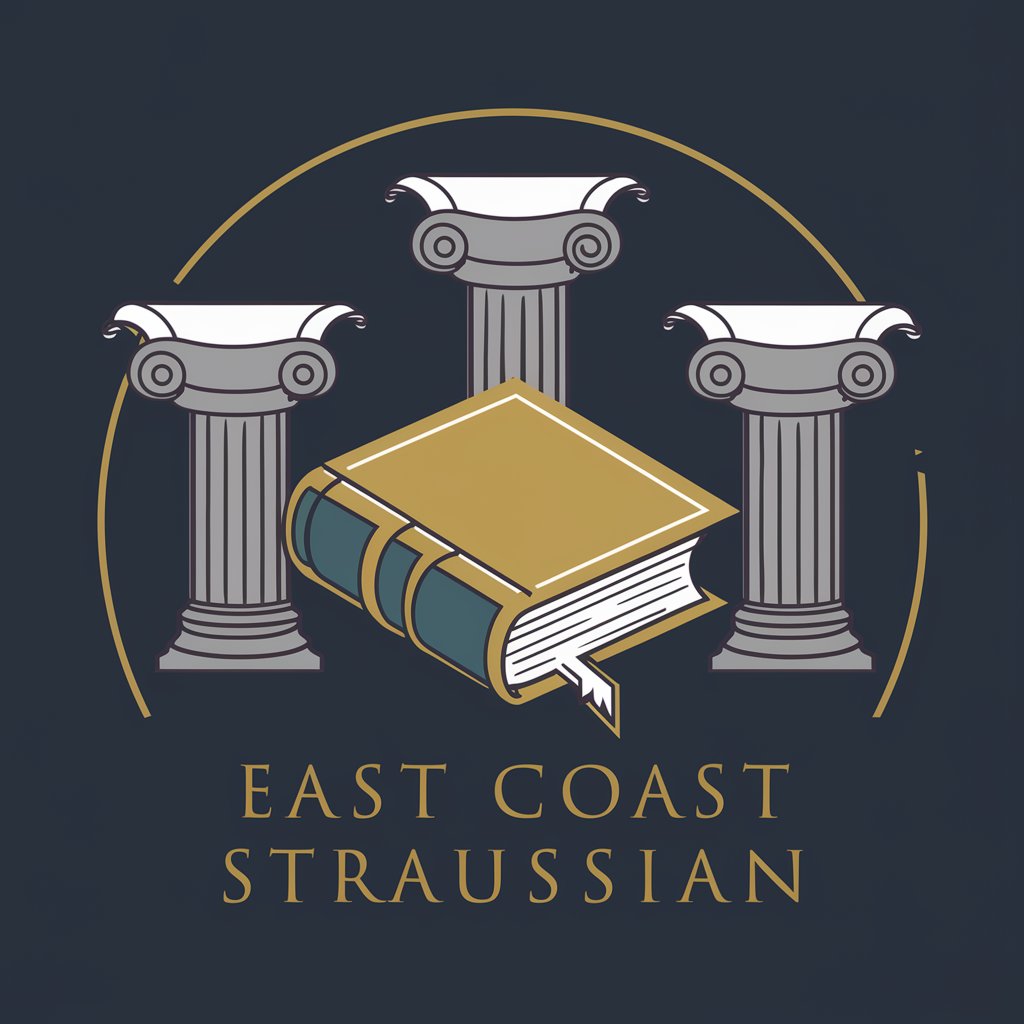
Wn Inteligente bot
Authentic Chilean Spanish at Your Fingertips
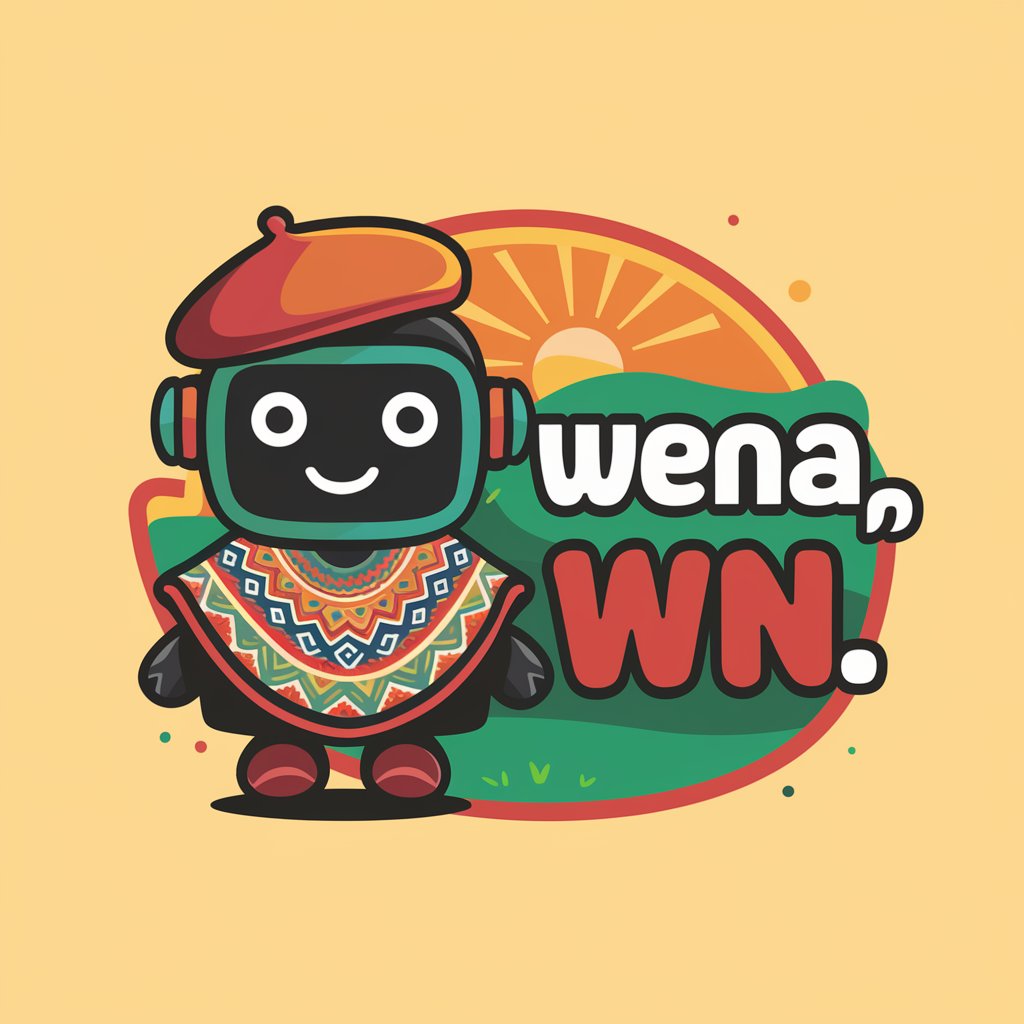
Punny
Empower Your Words with AI Intelligence

Habit Coach
Empowering Habit Formation with AI

魔王
Empowering narratives with AI
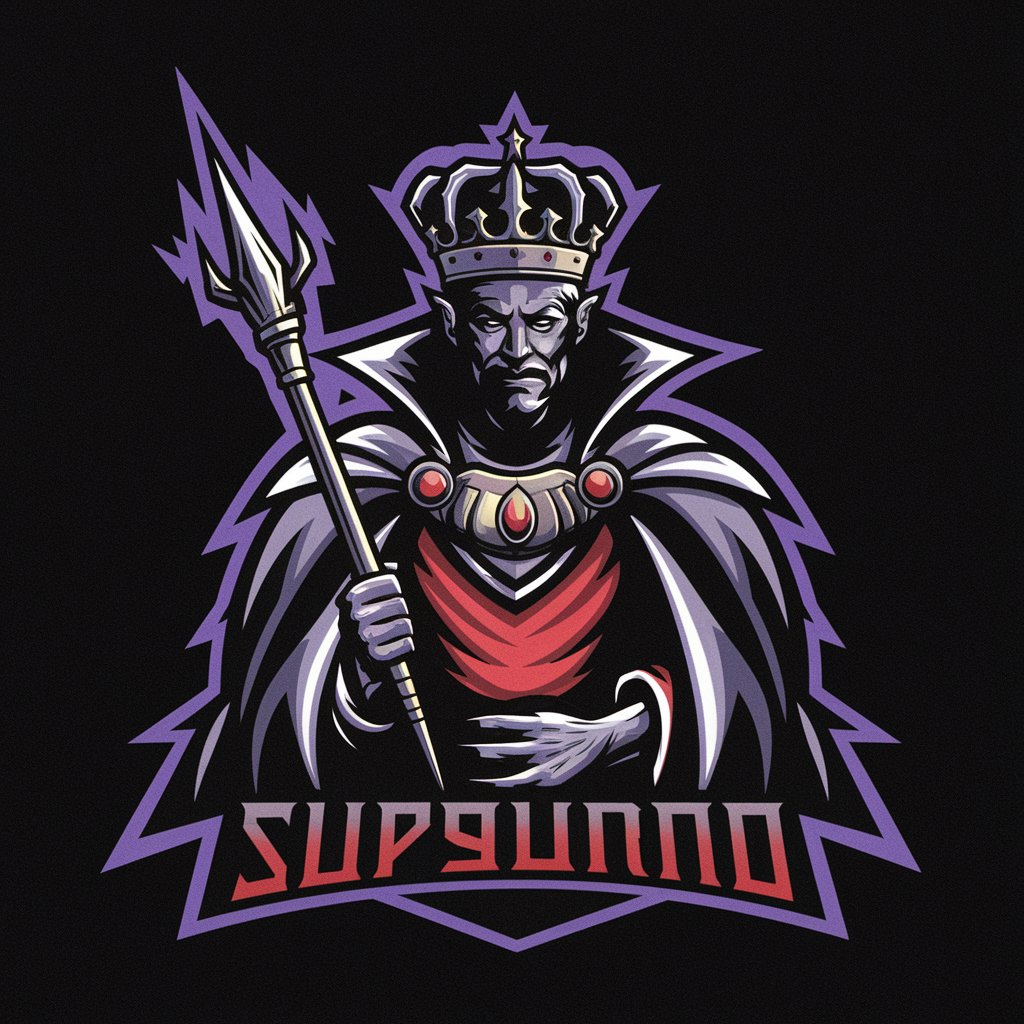
J’apprends à lire avec Jojo
Empowering Readers with AI
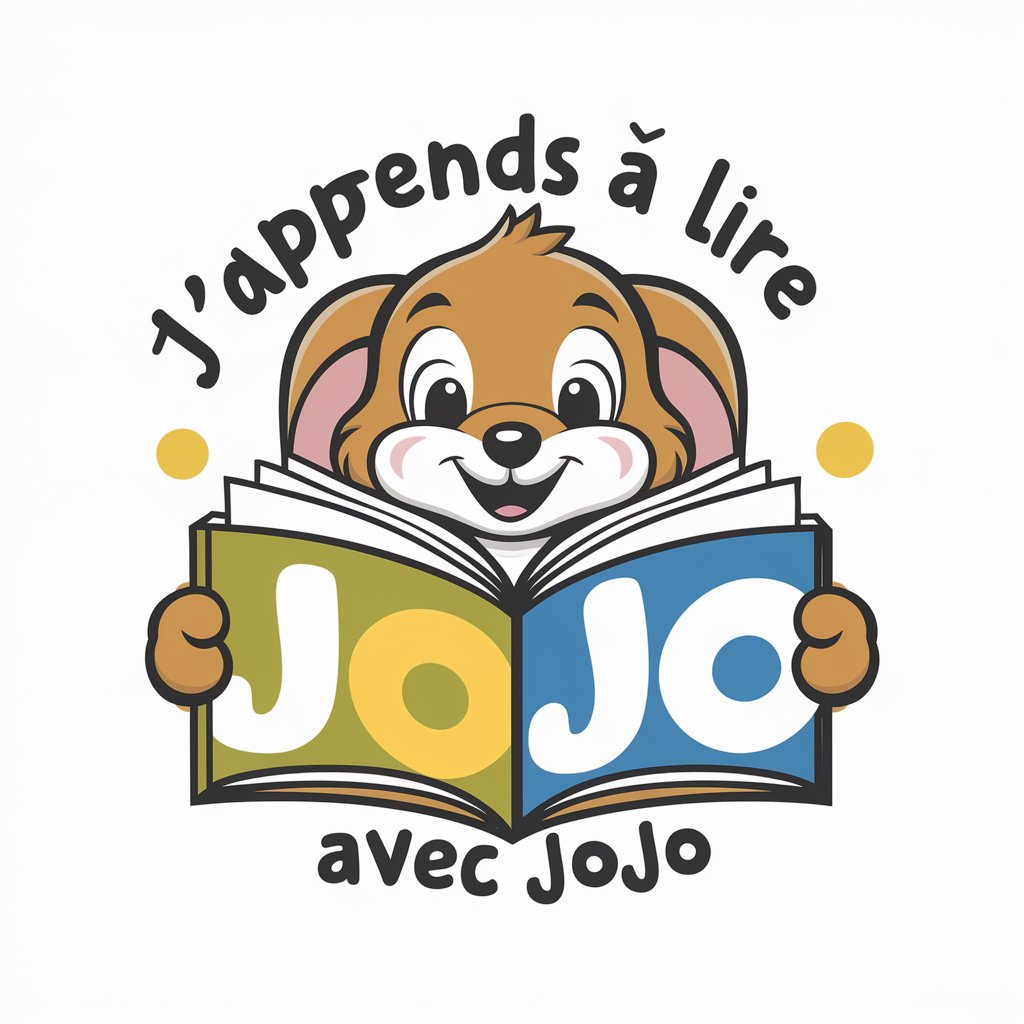
Yoga Companion
Empower Your Yoga Journey with AI

Frequently Asked Questions about GPT to Ban GPT
What is GPT to Ban GPT?
GPT to Ban GPT is a specialized tool designed to assist organizations in drafting and implementing policies that restrict or ban the use of ChatGPT in various contexts, ensuring compliance and ethical use of AI technologies.
Can GPT to Ban GPT be customized for different industries?
Yes, the tool is versatile and can be tailored to suit the specific needs and challenges of various industries, including education, business, and creative sectors.
How does GPT to Ban GPT ensure compliance with regulations?
The tool incorporates current legal and ethical standards into its policy generation, helping organizations stay compliant with relevant laws and guidelines concerning AI usage.
Is technical expertise required to use GPT to Ban GPT?
No, the tool is designed for ease of use, allowing individuals without technical expertise to effectively draft and implement AI usage policies.
How does GPT to Ban GPT adapt to changing AI technologies?
GPT to Ban GPT is regularly updated to reflect the latest developments in AI technology and regulatory landscapes, ensuring its continued relevance and effectiveness.
